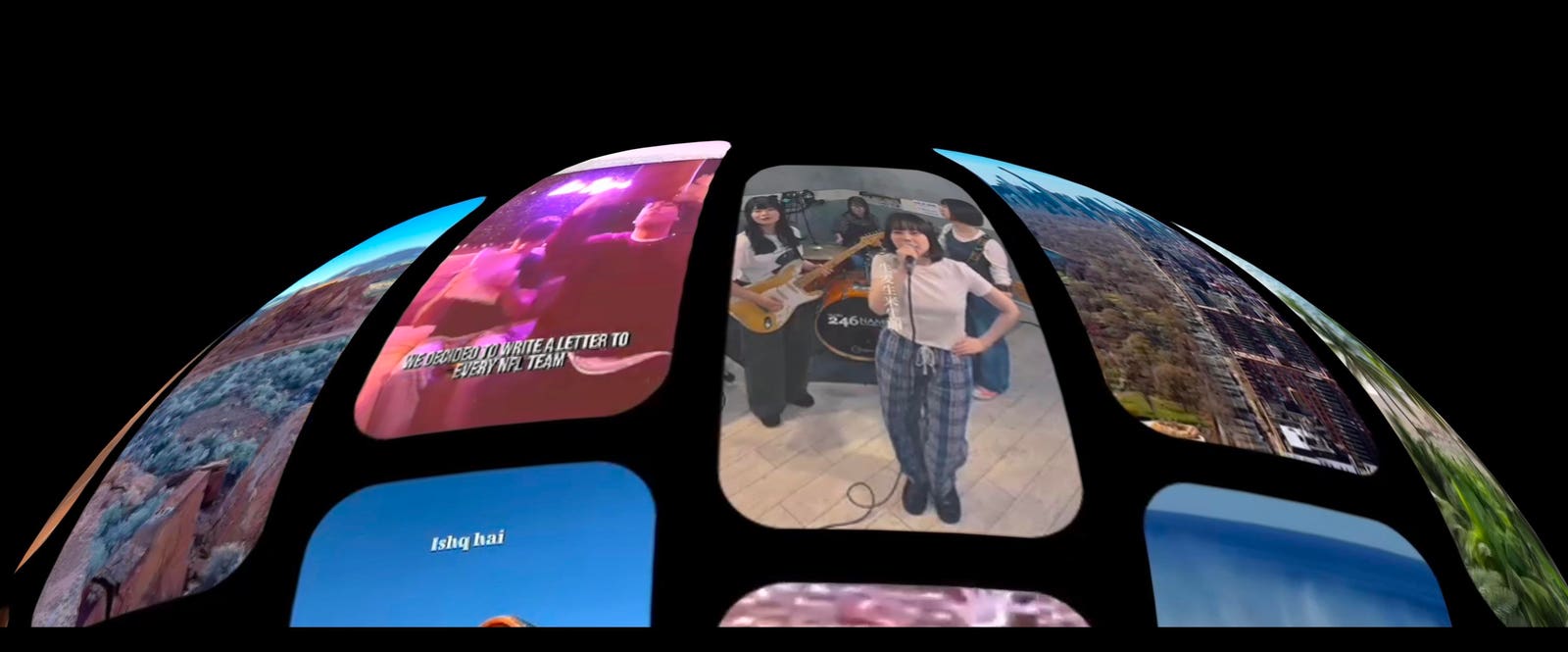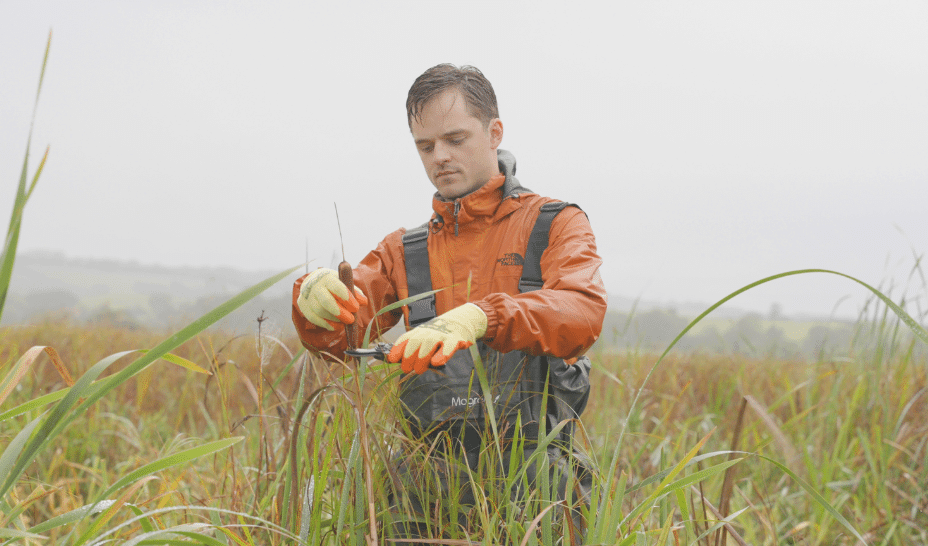Oriane Builds a Video-First Fashion Index, Ponda Scales BioPuff, M&S Hard-Wires Clean Energy
Oriane gives brands search over untagged social video; Ponda’s wetland-grown BioPuff moves toward commercial adoption; M&S pushes suppliers into renewables with its RE:Spark decarbonisation programme.
Oriane Gives Fashion a Search Engine for the Video-First Era
Many fashion trends no longer debut on runways, they surface in mirror selfies, GRWM clips and beauty tutorials filmed in bedrooms, taxis and club bathrooms. Yet most of this video-native culture remains invisible to brands because traditional tools still rely on tags, captions and keywords. Oriane is changing that. Backed by LVMH, the platform “watches” millions of social videos by analysing products, faces, textures, shades, sounds and styling cues - turning Dior lip tutorials, emerging silhouettes and micro-aesthetics into a searchable index. LVMH and Estée Lauder are already using it to uncover untagged UGC, measure the real spread of hero products and track early-stage style signals weeks before they hit the mainstream.
Why it matters: Fashion has always depended on spotting what’s bubbling up before it breaks. If video is the new runway, chaotic, creator-led and untagged, then engines like Oriane become competitive infrastructure. The brands that win aren’t the ones with the most data, but the ones that can read culture in motion.

Ponda Raises €2.09M to Scale Regenerative Wetland-Based Insulation
Ponda, the Bristol biomaterials startup turning rewetted peatlands into plant-based insulation, has secured a €2.09 million Seed round to commercialise BioPuff. The round, co-led by Faber and Counteract, brings total funding to €5.6 million. BioPuff is already in multi-tonne production and being co-developed with brands including Berghaus, Stella McCartney, Parley and Sheep Inc.
Made from Typha grown on restored wetlands, BioPuff matches the performance of goose down while helping convert high-emission peatlands into carbon sinks. The model gives farmers a new revenue stream and builds climate resilience as the UK faces more frequent flooding.
Why it matters: Ponda stands out by tying material innovation to land regeneration, not just recycled content. If it scales, BioPuff becomes a rare example of climate resilience built into the material itself.

M&S Launches RE:Spark To Fast-Track Renewable Power in Its Fashion Supply Chain
M&S has introduced RE:Spark, a new decarbonisation programme built with Schneider Electric to accelerate renewable electricity adoption across its global fashion supply chain. The initiative includes a central digital hub for emissions data, supplier training and advisory support, plus aggregated power-purchase opportunities for factories that struggle to source clean energy alone. RE:Spark is part of M&S’s Plan A strategy and will focus first on high-impact sourcing regions before scaling over the next three years.
Why it matters: Most of fashion’s emissions sit upstream, where suppliers often lack both expertise and buying power. By moving from oversight to enablement, M&S is trying to close that gap, turning Scope 3 ambition into real operational change. If it works, it offers a practical blueprint for how retailers can hard-wire decarbonisation into sourcing rather than treat it as a reporting exercise.

Quick Links
Other stories that caught our eye.









